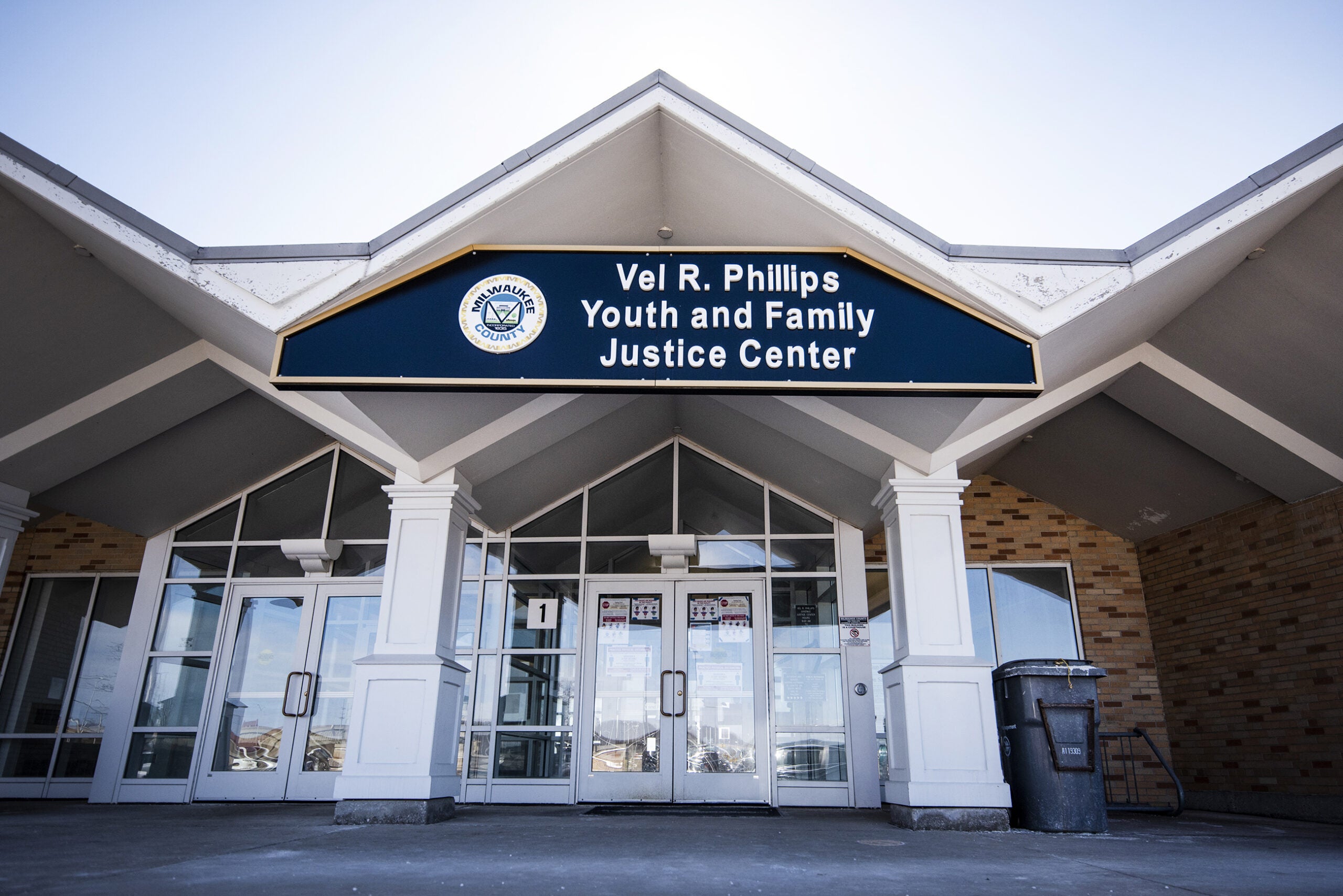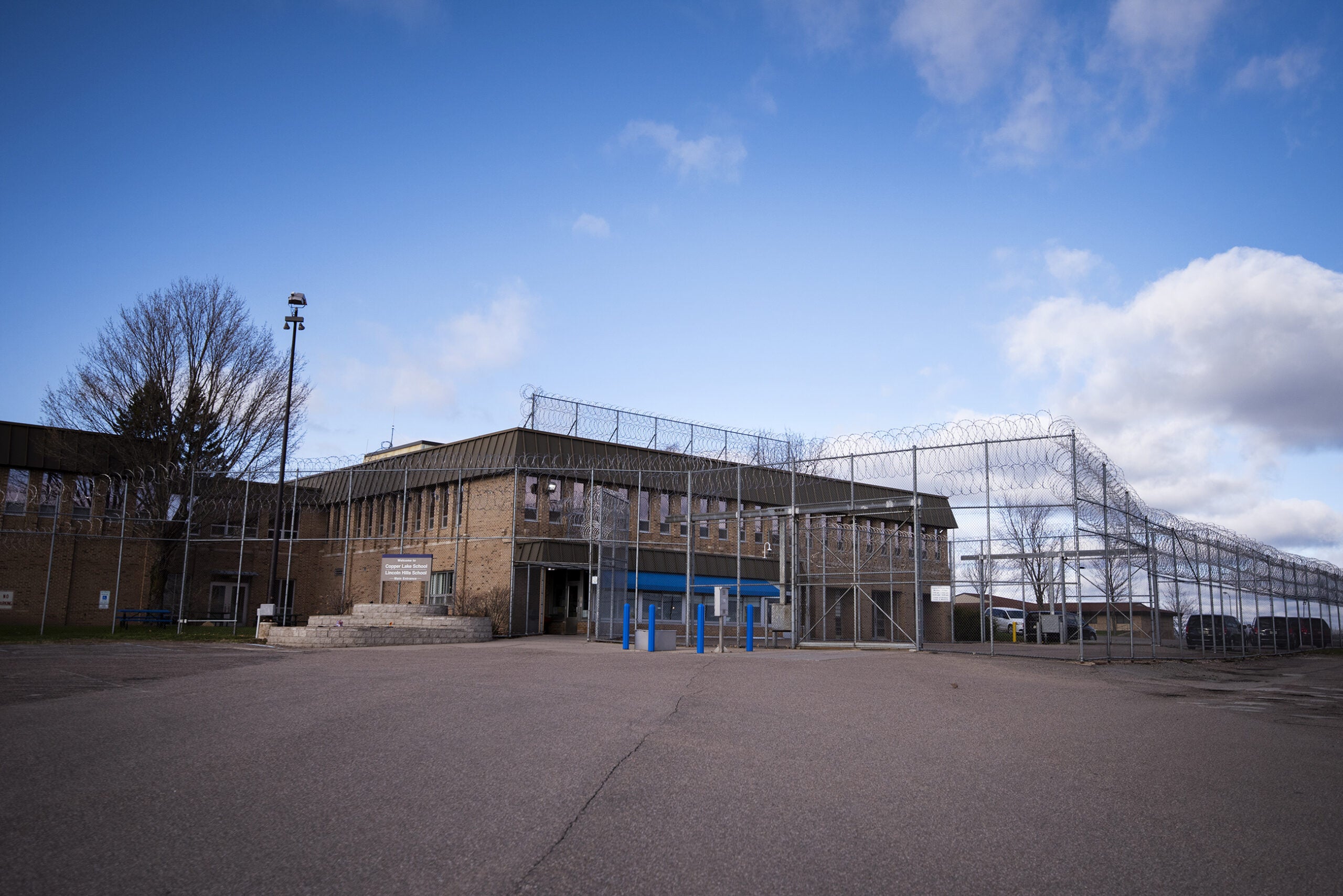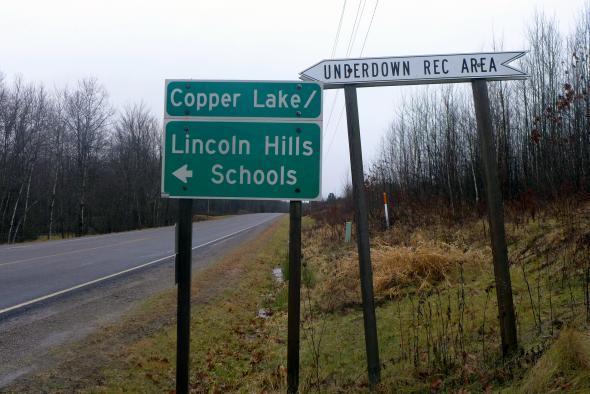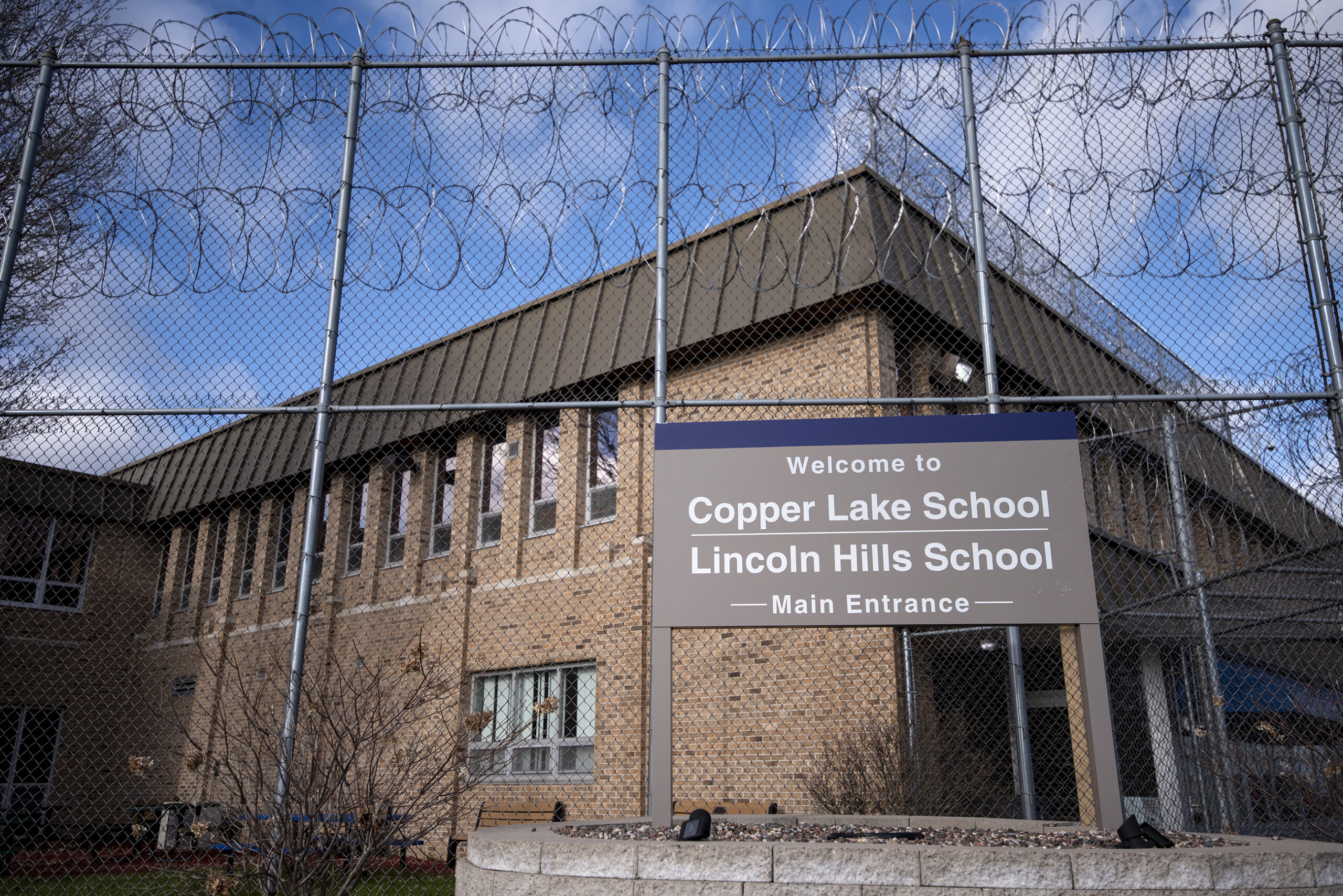Referrals to the juvenile justice system in Milwaukee County are down about 25 percent this year.
Mark Mertens, administrator of the Milwaukee County Division of Youth and Family Services, said he suspects there has been an uptick in serious crimes involving youth — both as victims and as perpetrators — just as there has been with domestic violence and murder in Milwaukee, but that overall numbers are down.
Over the past three years, Milwaukee County has averaged about 1,500 law enforcement referrals each year of children ages 10 to 17 to the juvenile justice system, with about 400 youth under supervision at any given time, Mertens said.
Stay informed on the latest news
Sign up for WPR’s email newsletter.
The county has been able to substantially decrease the number of youth sent to the youth prisons at Lincoln Hills and Copper Lake over the past five years by improving services within Milwaukee County to work with children closer to home, he said. In early 2016, there were about 120 Milwaukee County youth in Lincoln Hills and Copper Lake. Currently, there are fewer than 20.
“I think we can get to zero by the end of the year, as we continue to develop a more robust continuum of services in the county,” Merton told WPR’s “The Morning Show.”
Plans to close the Lincoln Hills facilities by July 2021 were delayed after the last biennial budget didn’t provide state funding for the most secure youth facilities. In his new budget proposal, though, Gov. Tony Evers outlined changes to the state’s juvenile justice policies that include closing Lincoln Hills and eliminating the serious juvenile offender program.
“I think the governor’s proposal is a really encouraging step,” Mertens said. “I’m very encouraged by the emphasis on community-based programming, especially, because that’s what’s most effective, is serving youth in their own community where they can establish supports, where they can practice the new skills that they’ve learned.”
Mertens is also part of the national organization Youth Correctional Leaders for Justice, which supports ending youth prisons like Lincoln Hills.
Juvenile justice facilities in Wisconsin have been working to reduce the use of force against youth offenders. The most recent court-ordered monitor’s report on conditions at Lincoln Hills showed an improvement in how often officers used pepper spray and a reduction in the length of time youth were confined, but showed an increase in the use of restraint. In Milwaukee County, Mertens said facilities have been able to reduce the use of force by about 80 percent.
“Restraint should only really be used when a youth is in the process of harming someone else or themselves, and staff should apply the least amount of force necessary to prevent youth from hurting themselves or others,” he said.
The county’s drastic reduction, he said, shows those techniques were being overused and there are viable deescalation alternatives.
Wisconsin Public Radio, © Copyright 2025, Board of Regents of the University of Wisconsin System and Wisconsin Educational Communications Board.





